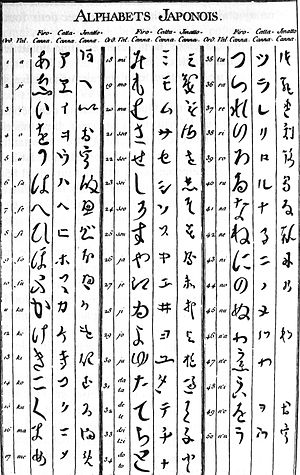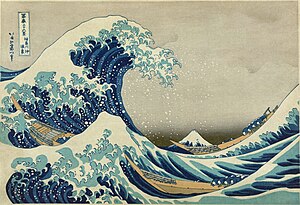 |
| English: Rolex Oyster Perpetual Sea-Dweller DEEPSEA (Ref. 116660) (Photo credit: Wikipedia) |
"Do you have time to help me proofreading the job?
Our client is not satisfied with the translator's quality, and unfortunately, the translator is not responding on the feedback since last night, we are facing to lose this client now."
Well, there is really not much to say.
First of all the original client is at fault, because they were looking for translations that are above everything else CHEAP. And China provides that kind of service.
And the translation agency is at fault, because they were using a translator (I got the impression from the text they sent me, that this person is first of all NOT a native German), who agrees to provide CHEAP (= this is usually called "reasonably priced", "best rate", or something like that) work.
Is it then any wonder, when the client (apparently requiring some official documents for the export of cars) complains, that the quality of the translation is not the "Ferrari" or "Rolex" quality they have been expecting?
I really do not understand these people.
If you buy cheap products, you get cheap quality.
It is part of the deal.
And it applies to ALL fields of business.
(you cannot buy a real Rolex watch for 59 USD ...)















 Thus, because other countries are not really
looking, and Japan itself not actively providing
this information, Japan has been and apparently
still is
Thus, because other countries are not really
looking, and Japan itself not actively providing
this information, Japan has been and apparently
still is